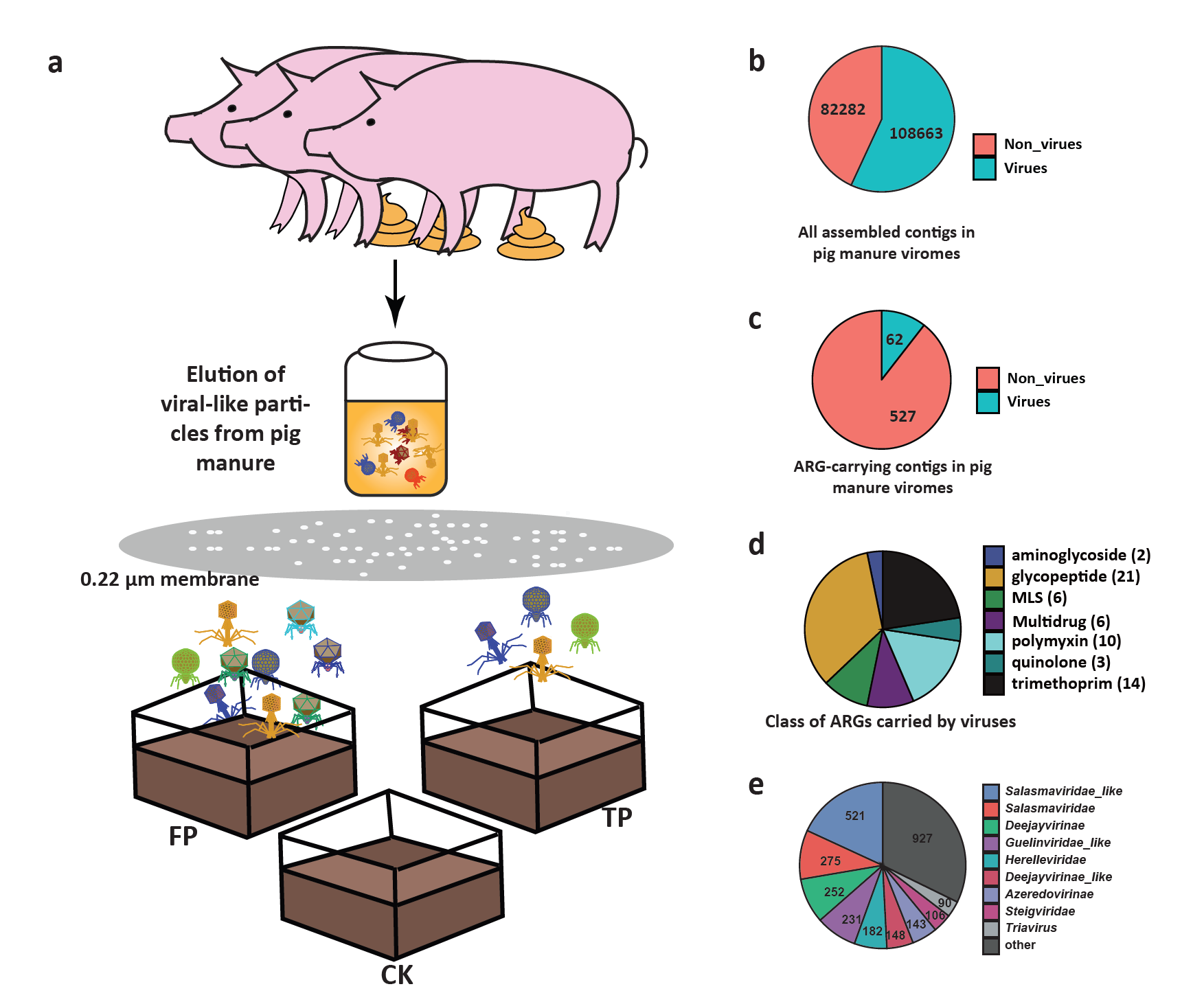

Agricultural ecosystems are continuously exposed to exogenous phages, including those introduced via animal manure fertilization, yet their colonization dynamics and ecological impacts remain unclear. Using a microcosm experiment, we investigated how pig manure-derived nanosized microbiome (NSM; <0.22 μm) influences phage-bacterial interactions, antibiotic resistance gene (ARG) dissemination, and microbial evolution in paddy soil. NSM addition transiently elevated high-risk ARG abundance, particularly linked to Acinetobacter proliferation from manure. These dynamics were driven by manure-derived Acinetobacter and their associated phages/plasmids, which dominated soil phage communities despite their low initial abundance. Both Acinetobacter and their phages exhibited microdiversity shifts under environmental fluctuations, with strong negative soil phage-bacterial correlations disrupted post-NSM introduction. Our findings highlight the environmental risks of pig manure-derived NSM, emphasizing Acinetobacter and their phages as key drivers of high-risk ARG spread and microbial community evolution. This underscores the need for manure pretreatment strategies to mitigate soil resistome hazards.
